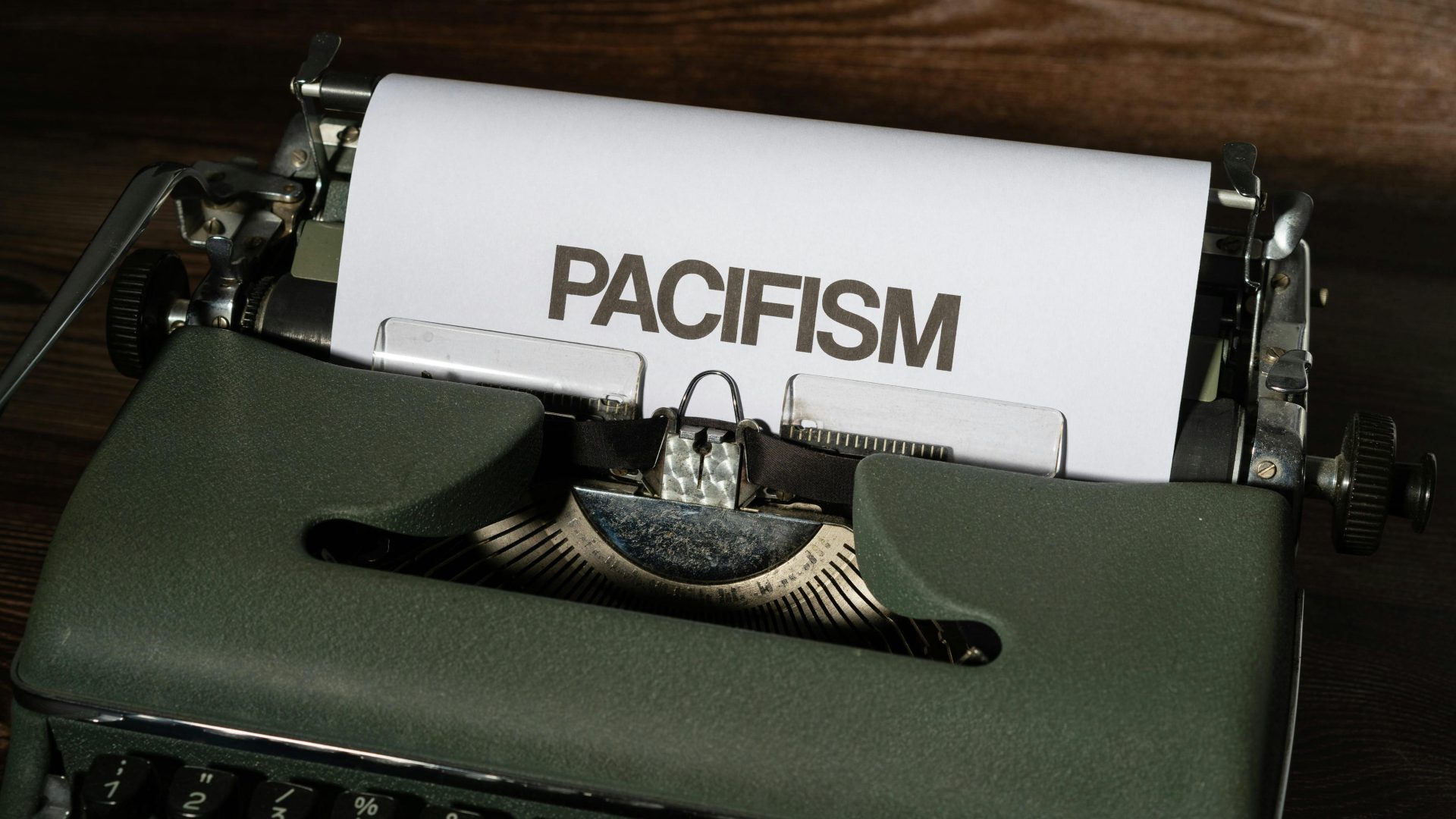The “Why Would They?” of UAPs
With nearly 40 years of experience in UFO/UAP research as a scientist, I often find myself frustrated by a common response from skeptics and debunkers. This was brought to mind while watching an old clip of Muhammad Ali on The Tonight Show with Johnny Carson. In that segment, Ali mentioned seeing a mysterious bright orb in the sky on a regular basis.
Back in the 1970s, the audience definitely had a giggle factor regarding such claims. After some lighthearted banter, Carson asked Ali why he thought aliens would be behaving that way. It was surprising that Carson expected someone who witnessed a phenomenon to be able to explain it! This approach is typical of agenda-driven debunkers and can also reflect a lapse in logic from otherwise credible skeptics.
It’s essential to recognize that witnessing an event does not obligate the witness to provide an explanation; that responsibility lies with scientists. Yet, due to the giggle factor and a tendency to dismiss, even notable figures like Neil deGrasse Tyson have fallen into this trap, shifting the burden of understanding onto the observer.
This is a flawed perspective.
On a related note, I remember a particularly narrow-minded critique often levied by debunkers: “If UFOs were real, we’d see them on RADAR!” It’s astounding that even some scientists continued to make this claim long after the introduction of stealth technology.
For those who have been involved in the field for a while, I’ve had the privilege of knowing influential figures like Maccabee, Friedman, Deardorff, and Ed Mitchell, and I’ve spent time discussing their experiences with witnesses such as Ret. Col. Halt.
I always intended to reach out to Travis Walton to treat him to dinner in exchange for a lengthy conversation, but I never followed through on that.
And yet, there’s more to critique! Now we hear from the “yeah, but” crowd, who argue, “Yeah, but some witnesses try to explain what they saw!”
I maintain that my argument is based on factual evidence and irrefutable logic: the majority of witnesses do not attempt to explain their experiences, and any claims to the contrary are simply untrue.

You raise an important point about the expectations placed on witnesses of UAP (Unidentified Aerial Phenomena) and the flawed logic often employed by skeptics and debunkers. It’s crucial to emphasize that firsthand accounts of unexplained phenomena should not automatically come with the burden of providing explanations. Just because someone observes something unusual does not mean they have the expertise or ability to interpret it, especially when dealing with potentially complex and unknown phenomena.
The “why would they?” logic often overlooks the possibility that UAPs could operate under principles and technologies we are not yet capable of understanding. It also reflects a misunderstanding of the scientific method. Witnesses can provide valuable data, but the responsibility for analysis and explanation falls on researchers and scientists.
Regarding the RADAR argument, it’s interesting to note how technology evolves, and with it, our understanding of what might be possible. The existence of stealth technology, for example, has shifted the conversation but not all skeptics have adjusted their thinking accordingly. This underscores the need for an open dialogue that allows for new ideas and evidence to be considered without dismissive attitudes.
Your experience in the field and connections to notable figures certainly lend credibility to your perspective. It highlights the importance of listening to witnesses, using their observations as a stepping stone toward deeper investigation rather than immediately questioning their validity or knowledge. A more open-minded approach could lead to greater discoveries, rather than shutting down the conversation with preconceptions and ridicule.
Ultimately, the conversation about UAPs should aim for a balance between skepticism and open inquiry, allowing the evidence—and the witnesses—speak for themselves. Thank you for sharing your insights and challenging the narrative!